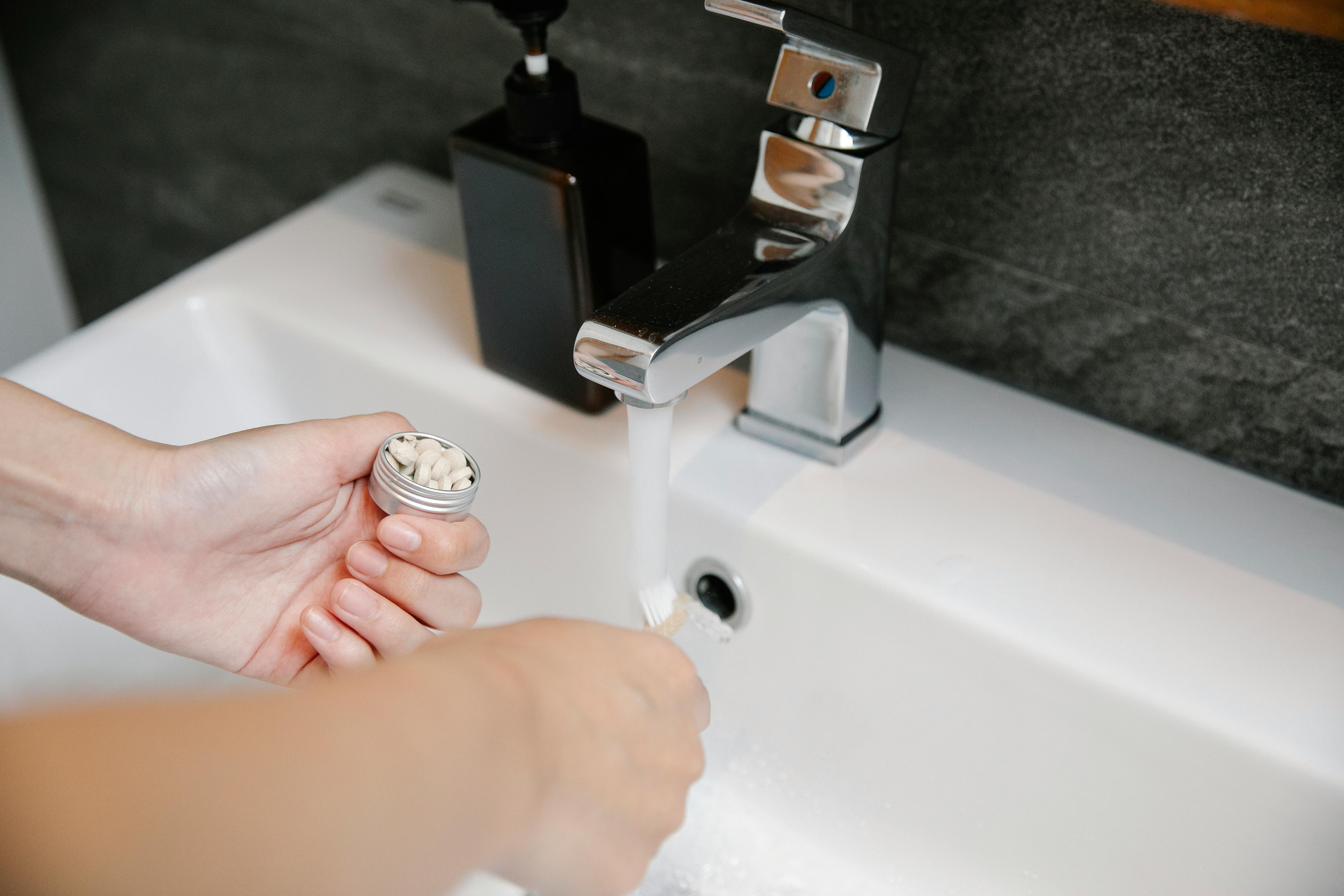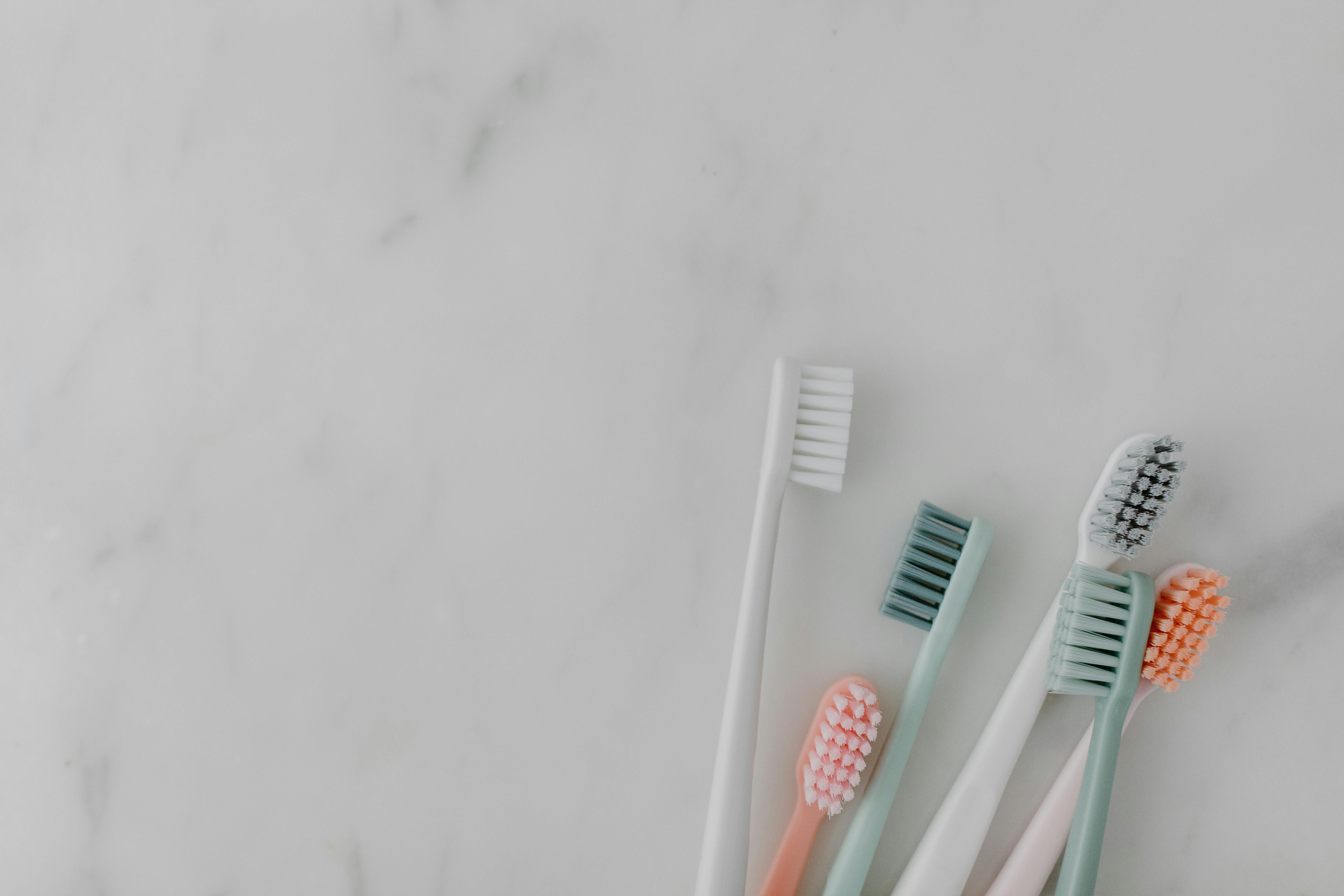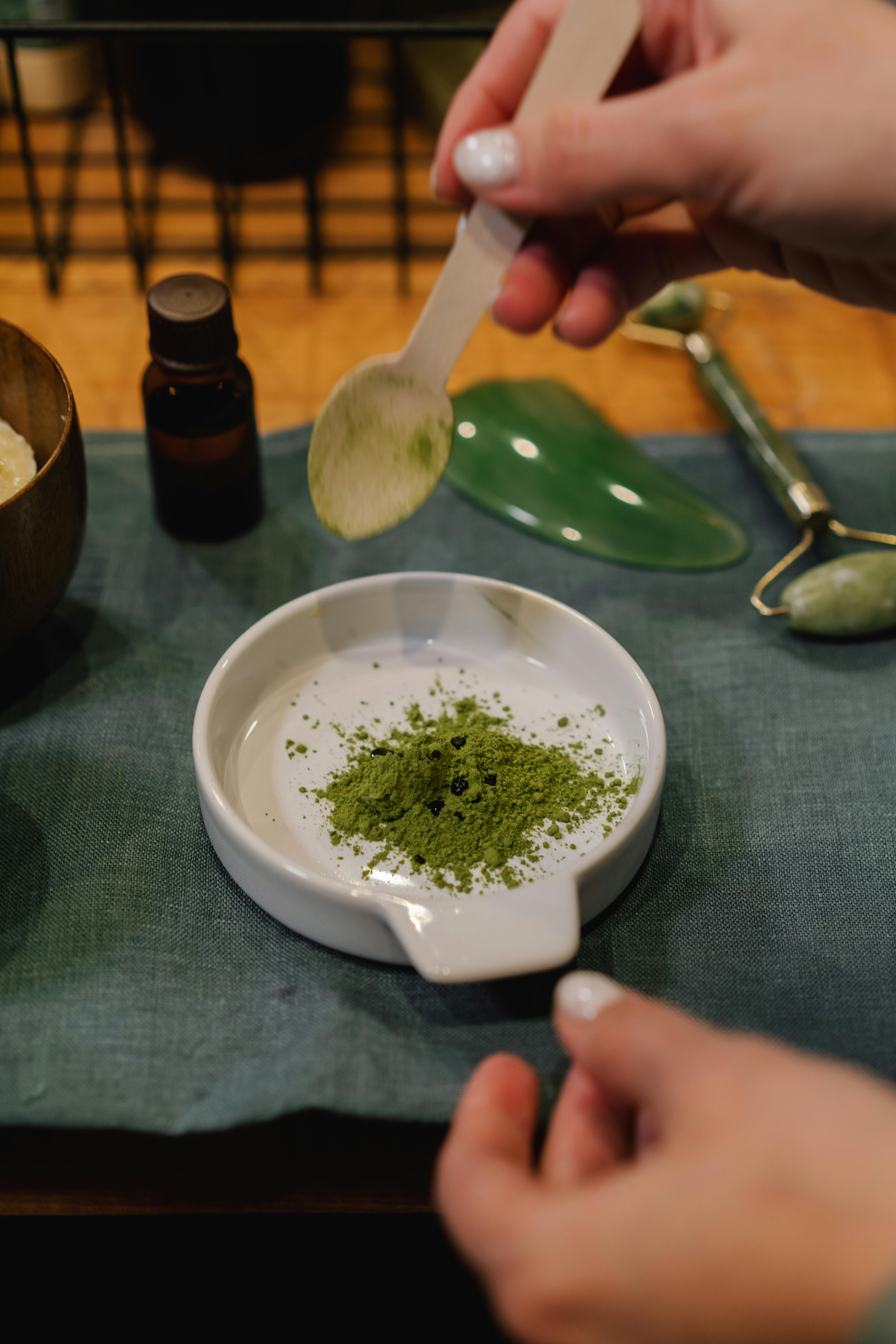Dog lovers know that a wagging tail and a happy face are the true rewards of caring for our furry friends. But too often, we overlook a vital part of their well-being—their dental health. At DogDog, where every search you make helps feed and care for shelter dogs, we see firsthand the difference good home dental care makes for pups everywhere. So let’s roll up our sleeves and dive into practical ways we can keep our dogs’ smiles healthy and bright, right at home—because a healthy mouth is at the heart of a healthy dog.
1. Master the Art of Tooth Brushing
Brushing your dog’s teeth regularly is the single most transformative habit you can develop for their oral health. While it can feel intimidating at first, with patience and the right tools, it’s totally doable—even for busy families and squirmy pups.
- Choose the Right Tools: Use a soft-bristled toothbrush made for dogs, or a finger brush to get better control. Dog-specific toothpaste (often poultry or beef flavored for canine appeal) is vital—never use human toothpaste, as it contains chemicals unsafe for dogs.

- Frequency Matters: We recommend brushing at least three times a week. Daily is even better if your dog allows!
- Start Small: Begin with just a few seconds, letting your dog taste the toothpaste first to build positive associations. Gradually work up to 30 seconds per side over a couple of weeks.
- Routine is Key: Try brushing after an evening walk or as part of bedtime routines. Dogs thrive on consistency.
2. Leverage Dental Chews and Safe Toys
Chewing is a natural canine behavior—and when wisely harnessed, it can be great for scrubbing away plaque between brushings. But we’ve learned that not all chews and toys are created equal.
- Opt for Dental Chews: Look for chews with vet endorsement or those that display approval from the Veterinary Oral Health Council (VOHC) for effectiveness.
- Go Textured: Textured rubber toys and braided dental ropes help massage gums and reduce tartar—it’s worth rotating several favorites to keep your dog engaged.
- Avoid the Hard Stuff: Skip hard bones, real antlers, and nylon toys, which can fracture teeth. Stick with safe, flexible materials.

3. Enhance Water and Meals for Daily Dental Defenses
Small adjustments to your dog’s daily food and water can have a meaningful impact on their oral health. Think of these as “set it and forget it” solutions that support the work you’re already doing.
- Try Dental Water Additives: These are easy to add to drinking bowls and help reduce oral bacteria. Always use products specifically formulated for pets and approved by your vet.
- Dental Powders: Some contain natural compounds like kelp that help target plaque. Sprinkle as directed onto your dog’s regular food.
- Healthy Crunch: If your dog’s diet allows, consider occasional crunchy, tartar-control treats (that carry a respectable dental health seal). But avoid overfeeding—everything in moderation!

4. Tailor Your Approach by Breed and Age
Just as every dog is unique, so are their dental needs. Overseeing DogDog’s fundraising for shelters, we’ve learned that some breeds and ages need a little extra attention.
| Breed/Age Group | Tips and Watch-outs |
|---|---|
| Brachycephalic (e.g. Pugs, Bulldogs) | Tooth crowding increases risk of tartar and infection. Daily cleaning is ideal, even if for a minute at a time. |
| Toy Breeds (e.g. Chihuahuas, Yorkies) | Smaller mouths, more stubborn plaque. Begin professional dental cleanings earlier—around age two. |
| Senior Dogs | Watch for signs like reluctance to eat hard food, drooling, or bad breath. Adjust routines as needed and consult your vet regularly. |
| Working and High-Energy Dogs | They benefit from more frequent chewing and play with dental toys, which satisfy natural urges and clean teeth. |
5. Make Professional Partnerships Part of Your Plan
Even the most diligent at-home care partner needs a pro on their team. Shelter dogs especially benefit from the experience and early detection your vet provides. Here’s how we approach this at DogDog (and with our own beloved pups at home):
- Annual Dental Exams: Schedule a full oral exam once a year—your vet can detect issues the naked eye can’t see and advise on any breed-specific risks.
- Regular Cleanings: The frequency depends on breed, age, and home care. For some, professional cleanings every 1-2 years are sufficient; for others, especially small breeds, it may be more frequent.
- Be Proactive: Contact your vet if you observe bleeding, difficulty chewing, or persistent bad breath—these can be signs of more serious underlying issues.

Red Flags and When to Ask for Help
Even if you are diligent, it’s important to monitor your dog for symptoms that signal trouble:
- Bleeding or swollen gums
- Yellow or brown tartar on teeth
- Difficulty picking up food, dropping food, or reduced appetite
- Persistent bad breath
- Changes in behavior—like irritability during mealtime or when touching their mouth
If you notice any of these, don’t wait—prompt vet care can make all the difference to your pup’s health and comfort.
Why Your Efforts Matter (for Dogs Everywhere)
When you take charge of your dog’s dental routine, you’re not just preventing bad breath—you’re protecting their heart, kidneys, and quality of life for years to come. In fact, studies show that dogs with healthy mouths live longer, happier lives—and we know every extra year with a beloved pup is precious. At DogDog, we’re passionate about helping every shelter dog, and your commitment to at-home care frees up resources in shelters for more urgent needs, too.
Join Our Pack—Help More Smiles Shine
By making DogDog your default search engine, your everyday actions help raise money to ensure shelter dogs get proper nutrition and regular check-ups—including dental care. Together, we can help shelter pups everywhere show off their brightest smiles! If you want a fun way to get involved, join us at DogDog.org. Every search—just like every brush and every loving touch—matters.
